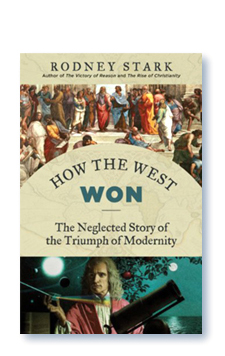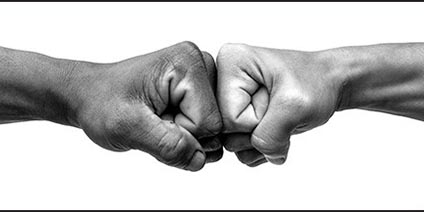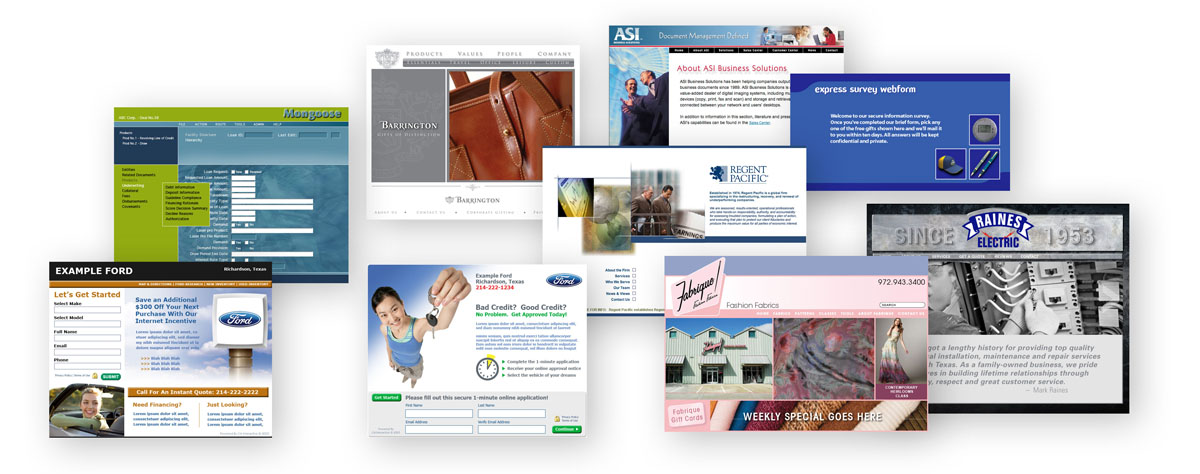Self-Esteem

Self-Esteem
“Crap,” you’re saying, “he’s starting off with a bible verse. This can’t go anywhere I agree with.” Before you shudder your cerebral windows, just give me a couple paragraphs and if you still disagree, then you can call me a “Bible-thumper” and move on.
My taste in friends is a lot like my taste in music — I like a lot of variety, so much so that some people just write me off as having multi-personality disorder. I’ve got friends who are bankers and friends who are bakers; friends who are lawyers and friends who are lawn mowers; friends who are psychologists and friends who are just psychos; friends who are cops and friends who are criminals. In that last group, there are folks who are still incarcerated, folks who aren’t incarcerated but should be, and folks who used to be incarcerated but are now trying to follow a different drummer.
Modern psychology preaches that the underlying problem beneath every one of those friends, as well as the driving problem beneath our society’s issues, is “low self-esteem”. No offence to my friends who are psychologists but to that statement, I have to call “BS!” At least in my limited experience, the problem seems to be on the opposite end of the spectrum.
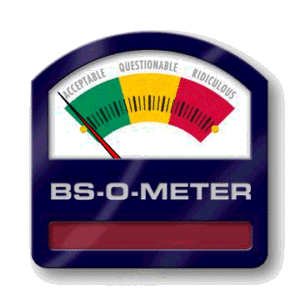
The single most destructive personality trait I’ve seen in friends, enemies, society in general, and especially in myself, is a tendency towards an over-inflated sense of self-worth. It was not low self-esteem that led Bernie Madoff to steal millions from investors, nor is it low self-esteem that prompts the neighborhood thug to pull a gun and carjack an innocent motorist, nor is it low self-esteem that prompts cancel-culture warriors to wage war on a local small business just because the owner’s car is sporting an unpopular bumper sticker.
We’ve abandoned the rational thinking of Socrates, Plato, and Aristotle (as well as the objectivity of every successful scientist of the last 20 centuries). We’ve replaced that reasoning with emotionalism and consensus-based truth that hinges on ego rather than outward-focused investigation. Today, anyone who fails to see things the way our highly esteemed herd sees them is a God-forsaken imbecile who must be silenced, rather than an intelligent human being who happens to see things from an alternate perspective. If the last two years of COVID madness have proved anything, they’ve proved that covering our ears and silencing alternate views only compounds the potentially disastrous effects of any serious situation.
Would we not be better off — both in our personal and business lives — to get up every morning and return to Paul’s simple advice so that we might “think so as to have sound judgement”? What if we started every day by asking ourselves, “What’s the most serious personal or business problem I need to solve today?” Once we’ve set our ego aside and put our finger on the problem, should we not then ask ourselves, “Who can I go to for advice or at least a different point of view on this issue?” I’m not talking about dumping our problems on someone else. I’m talking about asking a trusted friend for their views about how we might best attack pressing issues. They might just see things that we haven’t yet seen and we might just learn the most important lesson of all — that everything we know is not everything we need to know.
Warren Bennis, in his short publication, “The Power of Truth,” tells how Lee Iacocca, in his days at Chrysler, would randomly appoint a “contrarian” to attend policy meetings and point out everything that was wrong with the plan of the day. This was not done in jest. It was serious criticism, mounted by intelligent and knowledgeable upper management staff with specific instructions to identify and emphasize any possible shortcomings they could find – especially if their analysis diverged from Iacoca’s. Imagine giving a trusted mentor that kind permission with our dreams and schemes. Now, imagine that we swallowed our pride and actually listened to them.
If you still think I’m blowing smoke, you can close those shudders now — or, we could sit down and talk so you could introduce me to a different perspective. You know where the reply button is.
“Nobody sees anybody truly, but all through the flaws of our own egos. That is the way we all see each other in life. Vanity, fear, desire, competition — all such distortions within our own egos — condition our vision of those in relation to us. Add to those distortions to our own egos, the corresponding distortions in the egos of others, and you see how cloudy the glass must become through which we look at each other.”
― Tennessee Williams
Great Reads (or Listens)
The Power of the Other
Henry Cloud
Yeah, I know I’ve recommended this before and I’m going to keep recommending it until you read it!
By now, I know who’s read it and who hasn’t because everyone who reads it calls me up and says, “Wow, that was a great book!” More important, it provides a serious and lasting solution to the issue we’re talking about today.
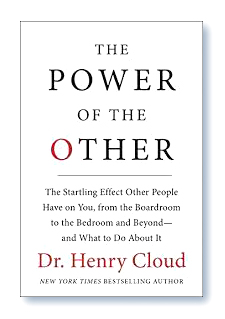
How the West Won
Rodney Stark
Stark is a dynamite story teller and his ability to zoom in on the pivotal historical events is uncanny. If you’re looking for a book to reinforce what you were taught years ago in public schools, you should pass on this one but if you’re looking for a narrative that includes an objective perspective about history and how we got where we are today, this is the one.
